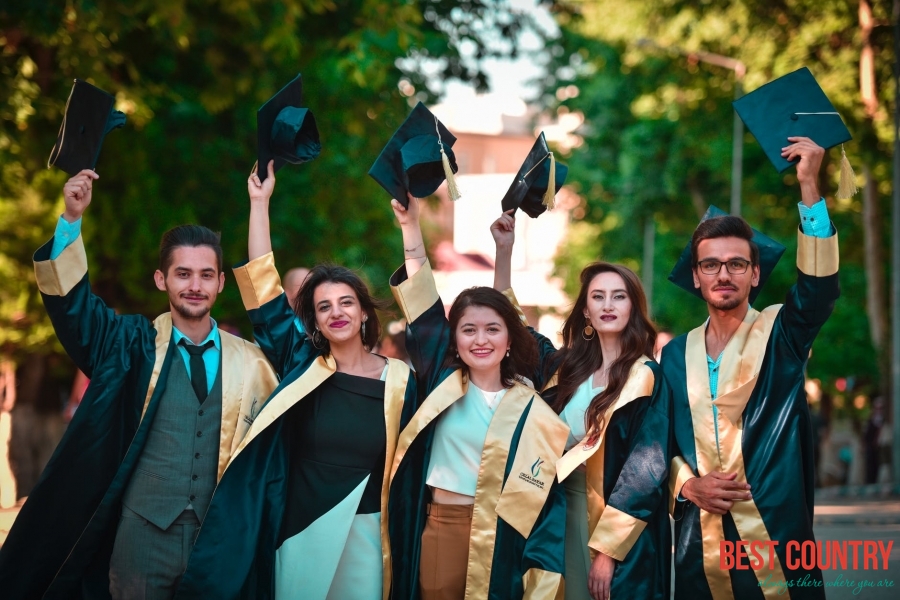Education System in Afghanistan

Middle Education
Three years of middle school follow where academic-style education continues. Students must pass an examination at the end of this phase if they wish to study further.
Secondary Education
At secondary school students have a choice between continuing with an academic path for 3 years that could perhaps lead on to university, or study subjects such as applied agriculture, aeronautics, arts, commerce and teacher training instead. Both programs culminate in a bacculuria examination.
Vocational Education
Afghanistan continues to attempt to surface from a civil war and an ultra-orthodox regime. The rights of women and a broader curriculum are both gradually being reinstated, as the nation shrugs off its past and attempts to kick-start its economy.
Tertiary Education
Efforts are underway to recover the situation at Afghanistan’s 6 universities and to repair damage caused by civil conflict. Some progress is being made with female admissions too, although it may take many years for tertiary education to become academically independent.
The oldest of these institutions are the Kabul Medical University established in 1923, and Kabul University founded in 1931. The latter is pictured here as students write examinations sitting on chairs outside.